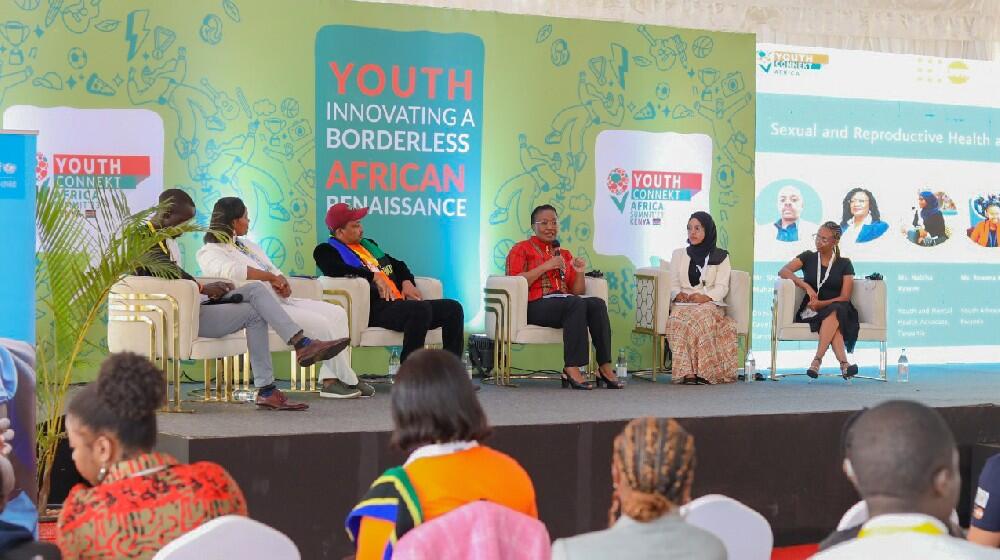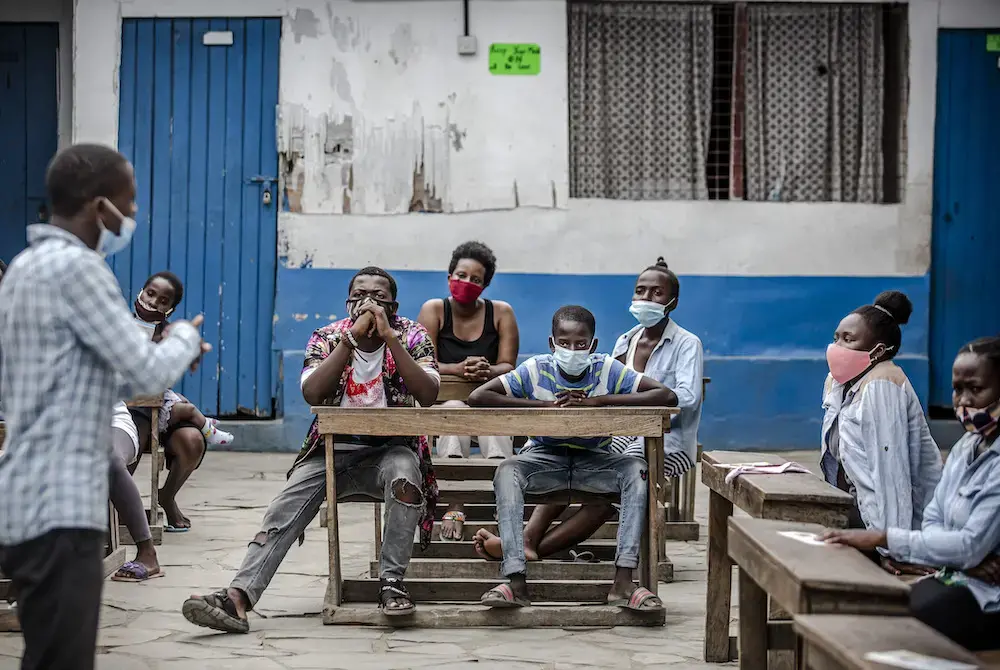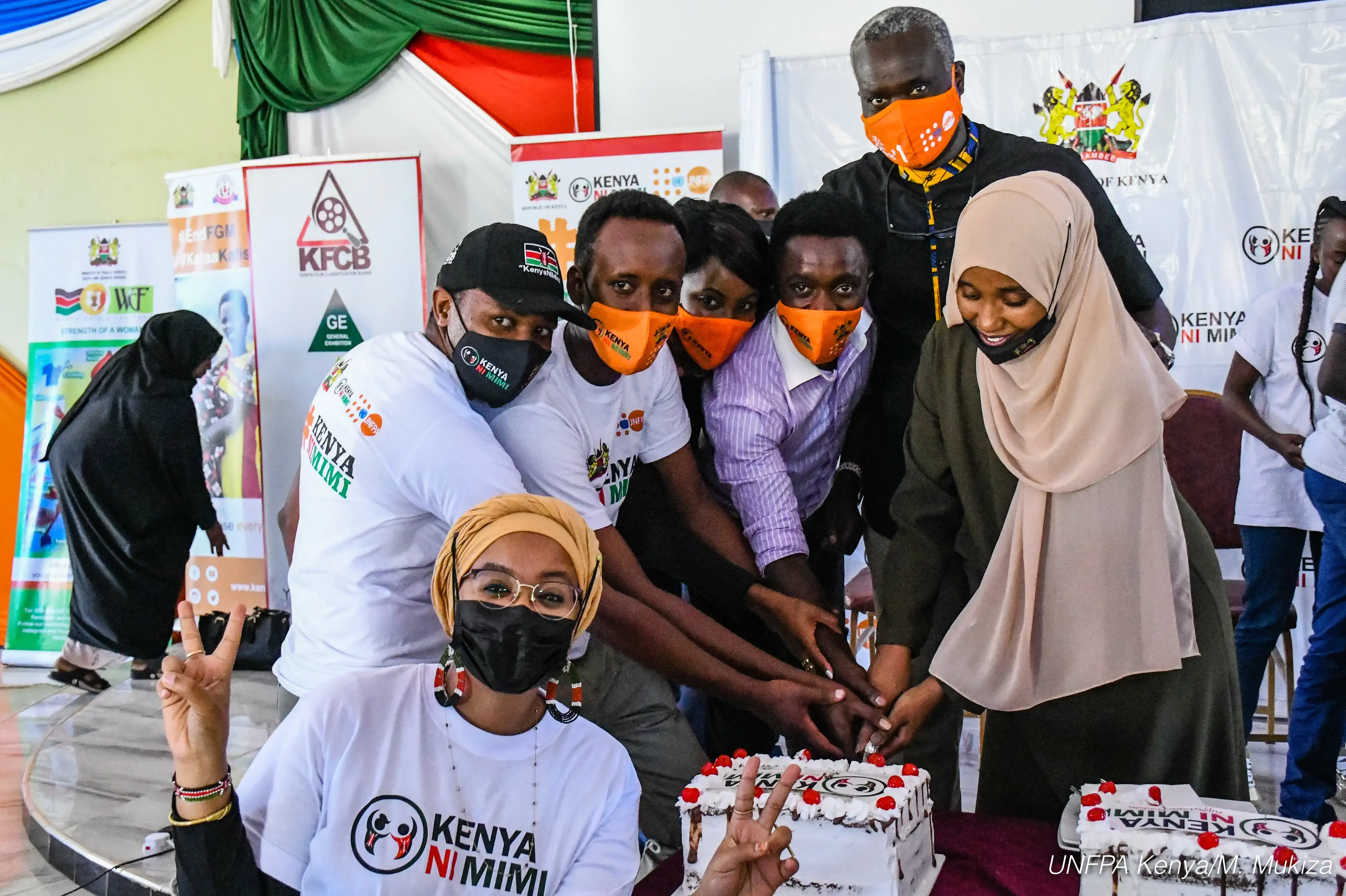At the plenary session on mental health and sexual and reproductive health co-hosted by UNFPA, UNICEF, and UNAIDS, a high-level panel featuring Minister of Youth the Gambia, Hon. Bakary Y. Badjie, Directors from the Ministries of Youth in Malawi, and Tanzania, UNFPA and UNICEF East and Southern Africa leaders, youth, and civil society advocates engaged in a critical discussion on addressing the vulnerabilities of adolescents and youth in mental and sexual and reproductive health.
“While we have made progress in the fight against HIV/AIDS, our continent still carries the largest burden of new HIV infections. Young people aged 15-24 accounted for 32% of new infections in Africa in 2022," said Hon. Bakary Y. Badjie, Minister of Youth, Gambia.
While discussing the mental health challenges faced by adolescents and youth in Africa, youth advocate, and session moderator Mariam Mmbaga emphasized the role that mental health plays in the overall well-being and productivity of young people. “There can be no good health without mental health,” she said. The session outlined the many linkages between sexual and reproductive health and mental health while calling for policies that support the holistic health of young people.
UNFPA East and Southern Africa Regional Director Ms. Lydia Zigomo called on young people to take the lead in demanding a more inclusive environment that empowers them to make informed decisions about their sexual and reproductive health. “We need to have honest conversations at all levels, on how we view young people,”she said. “Limiting their access to information on sexual and reproductive health only increases their vulnerability. Young people should be free to make decisions about their health and their lives.” Ms. Rowena Koloi, a youth advocate and chairperson of the Network of Young People with Disabilities, Botswana highlighted the fact that many health providers lack the knowledge and expertise to deal with the sexual and reproductive health needs of young people with disabilities, and called for disability mainstreaming in all aspects of healthcare to leave no one behind.
Mr. Shaibu Ibrahim Muhamed, Director of Youth Development, Zanzibar shared some of the policies implemented in Tanzania to create an enabling environment for young people to access sexual and reproductive health services. “We have life skills programmed that are designed to equip young people with information that enables them to make decisions on their own. We have also created a special empowerment fund for young people, and reduced barriers to access by instituting youth-friendly health services in our facilities,” she said.
The session called for increased domestic financing for sustainable, integrated mental health, sexual and reproductive health, and HIV response in Africa, and unity in fighting stigma that surrounds mental and sexual reproductive health issues among young people.




